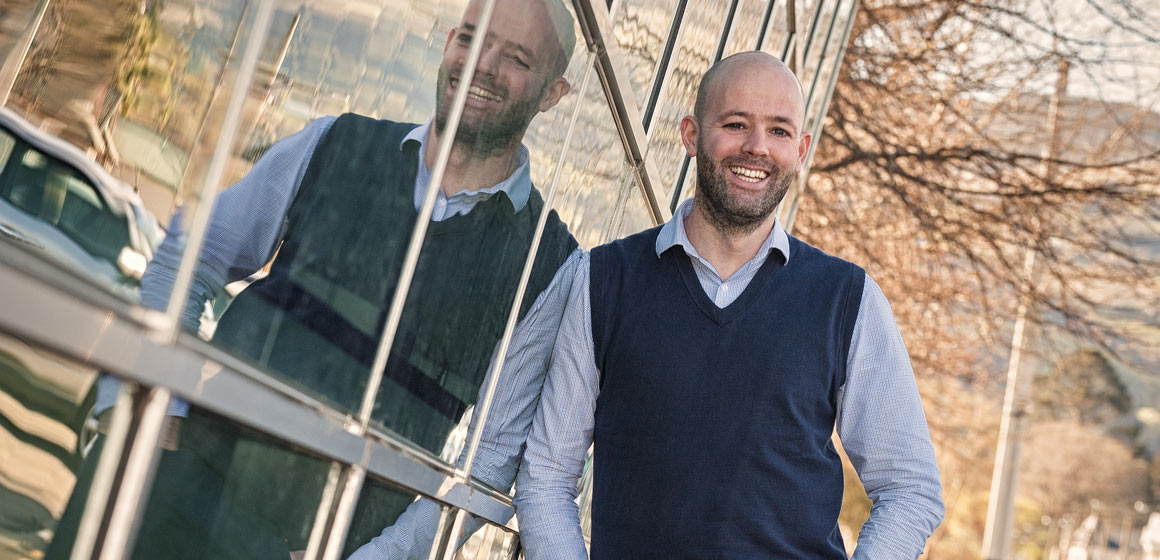
Science and innovation are key drivers of the knowledge economy, fuelled by growing interaction between academia, government and industry, and the boundaries between the three are blurring, says Dr Conor O'Kane (Management).
“Universities have traditionally focused on education and enhancing our knowledge with research. Now policymakers and funders have different expectations of the economic and social potential of research, so we're seeing the development of the entrepreneurial university, with stronger connections with government, society and industry.”
Universities are establishing various bodies to ease the transition to becoming increasingly entrepreneurial. O'Kane is studying how technology transfer offices (TTOs) are finding their niche on campus and proving their usefulness.
“TTOs, or commercialisation offices, help with patenting and licensing research. They help academics understand the needs of industry and access critical resources, expertise and support in the commercialisation process.”
O'Kane and collaborators interviewed 63 TTO executives in New York, Ireland and New Zealand, and identified several challenges.
“There can be cultural barriers to commercialisation in universities. Academics value scientific autonomy, discovery and open dissemination. Scepticism can arise when research is associated with exclusion, market share and economic returns, or if there are threats to the accumulation of public knowledge. There are also fears that moving to shorter-term, more applied goals might be detrimental for novel, creative research.”
Despite these concerns, commercialisation holds many positives, says O'Kane.
“Fears of a trade-off between commercial outputs and academic productivity may be exaggerated. Rather than having a negative impact, both activities can complement each other. Academics and scientists who are commercially successful also tend to be highly successful in getting research published.
“Research commercialisation can contribute to economic growth and regional competitiveness, and generate earnings that can help break new ground in research over the longer term. It can also enhance a university's reputation, which can help recruit and retain leading researchers and attract innovative students. That's a powerful argument today and will become even more powerful in the future.”
O'Kane is also collaborating with colleagues in France and Ireland to study the role of publicly-funded principal investigators (PIs) in this changing research environment.
“As funding bodies demand impact from research, PIs are becoming scientific entrepreneurs, like CEOs of small start-ups. Their responsibilities go beyond solely the conduct of science.
“They must raise capital, shape research, manage a wide range of resources, oversee large-scale projects and, increasingly, adopt the role of inventors or market shapers.
“We see high performing PIs as key agents of change in knowledge economies, so we are seeking to understand and share insights into their strategies and behaviour.”
Funding
- University of Otago Research Grant